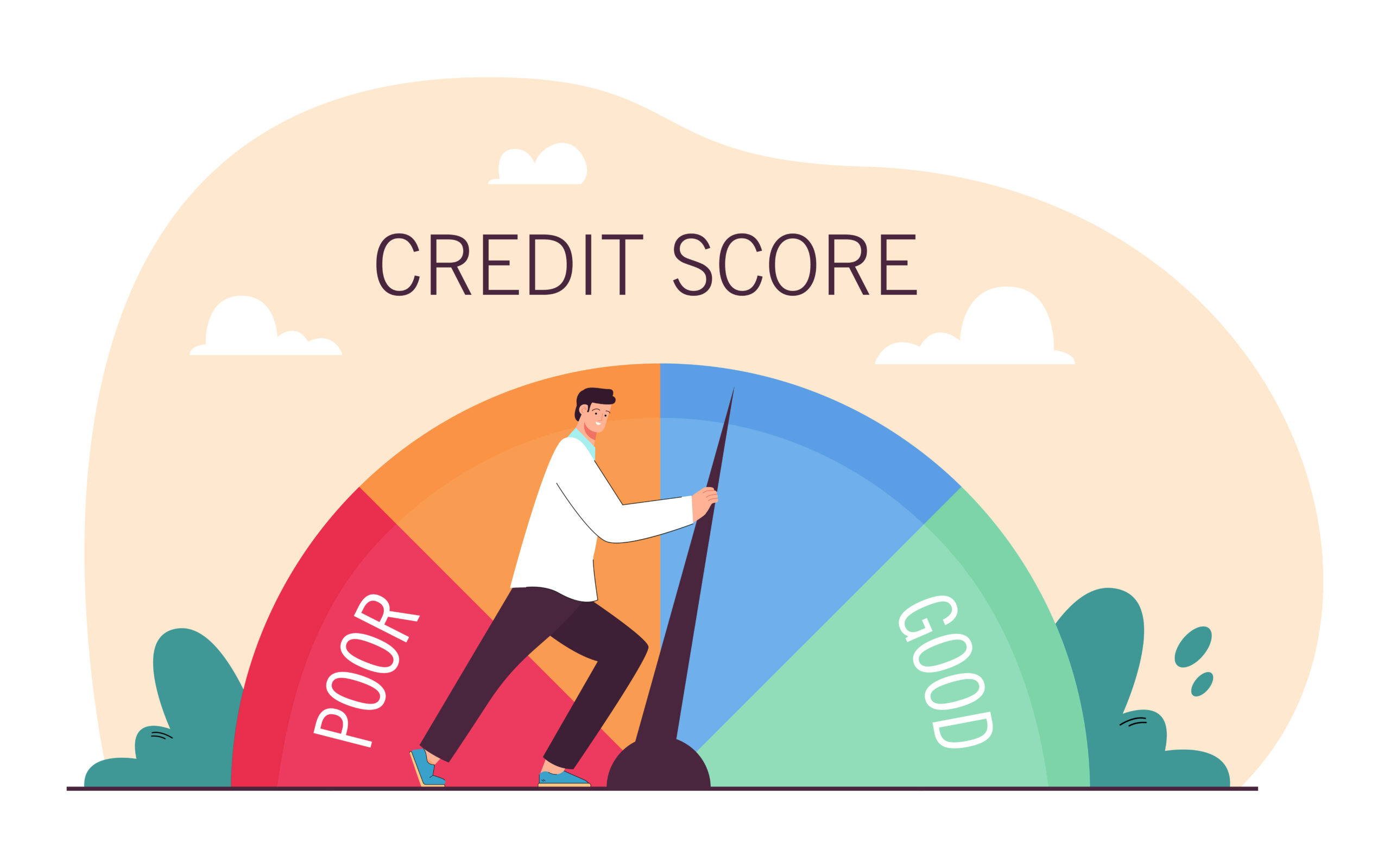Navigating loans with a low CIBIL score can be challenging, but it’s not impossible. A low CIBIL score, which typically falls below 650, indicates a higher risk to lenders, making it harder to secure loans or get favorable terms. However, there are strategies and alternatives available to help you access credit even with a low score. This comprehensive guide will explore these strategies and provide actionable steps to improve your chances of getting a loan.
Understanding CIBIL Score
The CIBIL score is a three-digit number ranging from 300 to 900, representing your creditworthiness. It is based on your credit history and is used by lenders to evaluate the risk of lending to you. A higher score indicates better creditworthiness, while a lower score suggests higher risk.
Challenges of a Low CIBIL Score
- Higher Interest Rates:
Lenders may charge higher interest rates to compensate for the higher risk associated with lending to individuals with low credit scores.
- Limited Loan Options:
Some lenders may refuse to offer loans to individuals with low CIBIL scores, restricting your options.
- Stricter Terms:
You may face stricter loan terms, such as shorter repayment periods or additional collateral requirements.
Strategies for Navigating Loans with a Low CIBIL Score
- Opt for Secured Loans:
Collateral-Based Loans:
Secured loans require collateral, such as a fixed deposit, property, or gold. Since the collateral reduces the lender’s risk, these loans are easier to obtain even with a low credit score.
Lower Interest Rates:
Secured loans typically come with lower interest rates compared to unsecured loans, making them a more affordable option.
- Explore Alternative Lenders:
NBFCs and Digital Lenders:
Non-Banking Financial Companies (NBFCs) and digital lenders are often more flexible than traditional banks in their lending criteria. They may be willing to offer loans to individuals with lower credit scores.
Peer-to-Peer Lending:
Peer-to-peer (P2P) lending platforms connect borrowers directly with individual lenders. These platforms may consider factors beyond the CIBIL score and can be a viable option for those with low credit scores.
- Apply for a Smaller Loan Amount:
Manageable Risk:
Lenders may be more willing to approve smaller loan amounts for individuals with low credit scores, as the risk is more manageable.
Gradual Credit Building:
Successfully repaying smaller loans on time can help improve your credit score, making it easier to secure larger loans in the future.
- Consider a Co-Applicant or Guarantor:
Joint Applications:
Having a co-applicant with a good credit score can improve your chances of loan approval. The lender considers both credit scores, reducing the overall risk.
Guarantor:
A guarantor with a good credit history can provide additional assurance to the lender. The guarantor agrees to repay the loan if the primary borrower defaults.
- Improve Your Credit Score:
Timely Payments:
Consistently making on-time payments for existing debts, utility bills, and other financial obligations can gradually improve your credit score.
Reduce Debt:
Lowering your overall debt, particularly high-interest debt like credit card balances, can positively impact your credit score.
Limit Credit Inquiries:
Minimize new credit applications, as each hard inquiry can lower your score. Instead, focus on improving your existing credit.
- Opt for a Credit Builder Loan:
Specialized Loans:
Credit builder loans are designed specifically to help individuals improve their credit scores. The loan amount is held in a secured account, and you make monthly payments. Once the loan is paid off, the funds are released to you.
Credit Reporting:
Timely payments on credit builder loans are reported to credit bureaus, helping to boost your credit score over time.
Steps to Improve Your Credit Score
- Check Your Credit Report:
Regular Monitoring:
Regularly check your credit report to identify any errors or discrepancies. Dispute inaccuracies with the credit bureau to have them corrected.
Understand Factors:
Understand the factors affecting your credit score, such as payment history, credit utilization, length of credit history, and types of credit.
- Create a Budget and Debt Repayment Plan:
Financial Planning:
Create a detailed budget to manage your income and expenses effectively. Allocate funds towards debt repayment to reduce your overall debt burden.
Debt Snowball or Avalanche:
Consider using the debt snowball (paying off smallest debts first) or avalanche (paying off highest interest debts first) method to systematically reduce your debt.
- Use Credit Responsibly:
Avoid New Debt:
Limit new credit applications and avoid taking on unnecessary debt. Focus on managing your existing credit responsibly.
Keep Balances Low:
Keep your credit card balances low relative to your credit limits. Aim to use less than 30% of your available credit.
Conclusion
Navigating loans with a low CIBIL score requires strategic planning and a proactive approach. While a low credit score poses challenges, it doesn’t completely shut the door on obtaining credit. By exploring secured loans, considering alternative lenders, applying for smaller loan amounts, involving a co-applicant or guarantor, and taking steps to improve your credit score, you can enhance your chances of loan approval.
Additionally, staying disciplined with your finances, making timely payments, reducing overall debt, and using credit responsibly are essential for long-term credit health. Remember that improving your credit score is a gradual process, but with persistence and careful financial management, you can achieve better creditworthiness and greater access to financial opportunities.
Get in touch with us today at www.Settleloan.in and embark on your path to financial freedom



